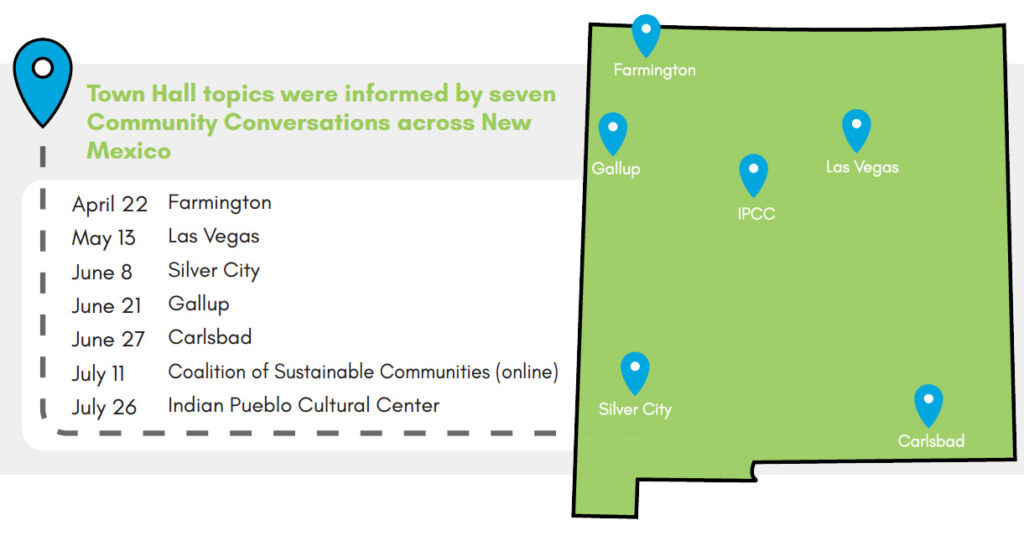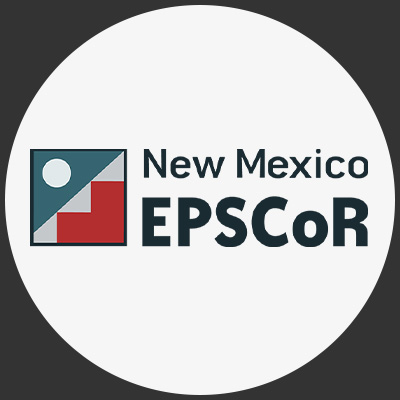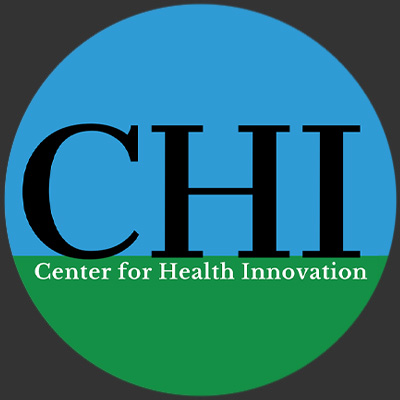Thank you to all of our supporters, attendees
and experts to make this town hall a success.
BACKGROUND
In August 2023, New Mexicans gathered at the National Hispanic Cultural Center in Albuquerque to share their perspective and experience with energy systems and New Mexico’s transition from fossil-fuel-dependent electricity systems to renewable energy sources. The Town Hall framework incorporated the transition across social, economic, and environmental dimensions. Town Hall leaders acknowledge that some communities have borne disproportionate burdens from energy extraction and production and sought to empower marginalized communities through democratic deliberation and decision-making processes. The Town Hall was convened by the NM SMART Grid Center, a project of NM EPSCoR*, and funded in part, by a grant from the National Science Foundation. Additional support provided by the Windward Fund, AES, and the Center for Health Innovation.

OUTCOMES
The Town Hall featured plenary sessions with energy and community experts, performances by artists and musicians, small group deliberations, and the presentation and adoption of 11 recommendations across four topic areas. All recommendations received an approval rating of more than 90%. For more informa- tion about the Town Hall, recommendations, and associated activities, visit www.nmenergyequity.org or contact Selena Connealy, connealy@epscor.unm.edu.
RECOMMENDATIONS
Regulations: NM Energy Transition Act, Community Solar, & Data
1.1
Ask the NM State Legislature to fund a statewide working group to write legislation to incorporate equity within utility rate design for all energy utilities, including co-ops. Working group members should include industry partners, community groups, economists, national and state technical, environmental, and legal experts.
1.2
Ask the NM State Legislature to create and fund the Energy Data Act to be administered by NM EMNRD, addressing use, demand, source, level of need, resilience, energy burden, etc., in order to make energy data available and easy to analyze for all interested parties–regulators, Tribes/Pueblos/Nations in state level work groups, local government and special districts, researchers, businesses, and community-based organizations.
1.3
Ask the NM State Legislature to fund a statewide working group to write legislation to incorporate equity within utility rate design for all energy utilities, including co-ops. Working group members should include industry partners, community groups, economists, national and state technical, environmental, and legal experts.
Energy Sovereignty & Self Determination
2.1
Create a task force that includes state agencies, federal agencies, NGOs, local governments, Tribal Nations, and community members to establish communication channels, relationships, and trust to advance sovereign renewable energy development through partnerships and collaboration.
2.2
Direct state, federal and private foundations to provide more adaptable and equitable grant funding opportunities for Tribal Nations to fund financial and technical assistance, home-grown grant writers, and reporting assistance.
2.3
Create state and federal laws around Free Prior, and Informed Consent (FPIC) to include strict enforcement and penalties and make mandatory for city, council, state, and federal governments.
Rural Capacity Building & Workforce Development
3.1
Pilot regional resilience/learning hubs in local government or Tribal entity in rural/frontier communities with funding for equipment, operations, outreach, broadband access, paid learning opportunities, promotion of entrepreneurship and wrap-around supports (community college, industry, labor, K-12).
3.2
Add pre-K-12 renewable energy literacy and project-based learning as part of the state educational standards to support workforce development.
3.3
Appropriate $7M for the NM Association of Councils of Government for local capacity building for renewable energy planning, implementation, and coordination with the Rural Ombuds Program.
Public Education and Awareness & Technical Assistance to Communities
4.1
Ask the NM State Legislature to develop a NM Center for Energy Equity that prioritizes community engagement, public awareness, and resource dissemination. The Center will support seven regional offices to ensure local priorities are identified and addressed.
4.2
Ask the NM State Legislature to provide paid professional development incentives and STEAM support materials on energy efficiency and sustainability to public K-12 educators and administrators.




